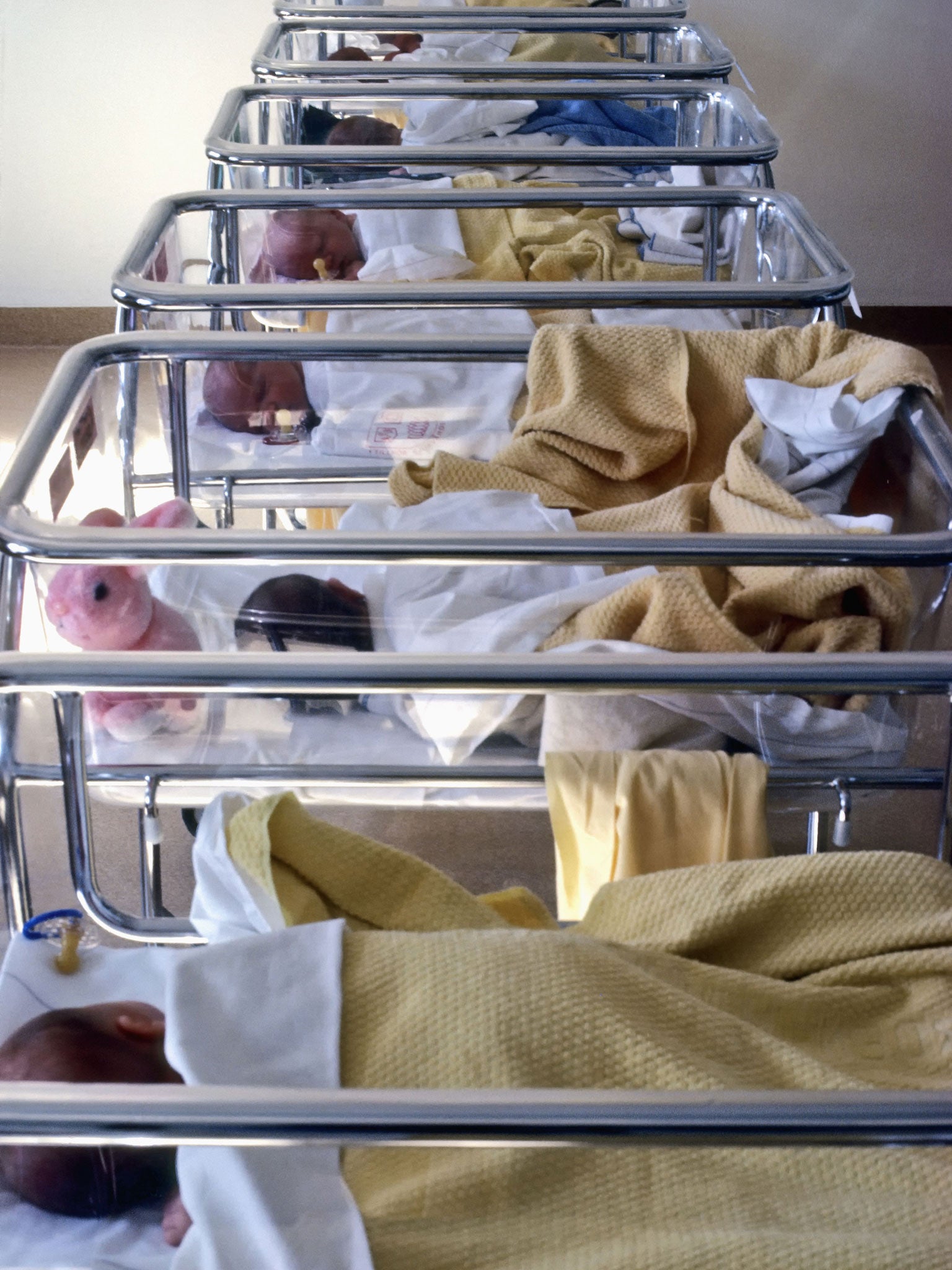Government's new shared parental leave part of a growing global trend
New rules are designed to bring Britain more in line with global best practise

At the heart of the Government’s efforts to update Britain’s parental leave rules are two key objectives.
The first is to encourage the greater participation of fathers in caring for their children.
The second is to reduce the penalty suffered by women in lost earnings and career prospects as a result of taking long periods away from the workplace.
Britain has long occupied the bottom tier of the international league tables for earnings-related post-natal leave along with other English speaking countries, and nations including Russia and Switzerland.
Under proposals announced this week, couples will from April have the right to share 50 weeks of leave with two weeks being reserved for the mother to allow the recovery from birth.
Although some employers offer more generous terms, the first 39 weeks will be paid at the statutory minimum – either £136.78 or 90 per cent of salary whichever is the lowest. The remainder will be unpaid.
Rosalind Bragg of campaign group Maternity Action said that despite the perception that Britain had generous rights for parents it did not compare particularly favourably with many other countries.
“An effective system of shared parental leave is essential to gender equality. It means that fathers as well as mothers can be primary carers and for both to be able to take extended time out of the work place,” she said.
The decision to allow mothers and fathers to share their time off is part of a growing international trend towards sharing parenting rights. Many governments are either making time-off transferable between parents or designating specific periods for either the mother or father, according to the latest edition of the International Review of Leave Policies and Related Research 2013.
The report’s author Professor Peter Moss of the Institute of Education, University of London, said the UK system had been poorly designed in the 1970s and not been effectively reformed. “The general picture internationally is that if you are serious about fathers sharing leave there has to be a period for fathers only and it has to be well paid,” he said.
The Review found wide levels of variability between countries.
United States
Whilst there is no statutory right to parental leave the federal Family and Medical Leave Act provides for unpaid authorised absence for a number of reasons including child birth and care. However some states, including California and New York provide partial compensation during these periods of approximately half earnings.
Norway
Generous parental leave provision has helped drive up the number of fathers taking time off around the birth of a child from four per cent in 1997 to 70 per cent today. Parental money may either be taken for 47 weeks at full earnings or for 57 weeks at 80 per cent of earnings, up to the equivalent of around £55,000. Nine weeks are reserved for the mother and 12 for fathers with the rest shared although in practice this is overwhelmingly taken up by female parents.
Italy
Each parent is entitled to six months non-transferable leave. Total time off is limited to 10 months per family and parents receive 30 per cent of earnings for the period. Mothers are required to take four weeks off before the birth and four months afterwards. Father must take one day off at full salary. Italy has recently introduced a voucher system for new mothers which can be claimed in place of parental leave.
Australia
Eligible new mothers and fathers can take up to 12 months off work unpaid with a further year off with an employer’s agreement. Payments are made at the national minimum wage of around £340 a week. Dad and Partner Pay which came into force this year will provide eligible working fathers or partners, including adopting parents and parents in same-sex couples, with a further two weeks of benefits.
Japan
Woman are entitled to 14 weeks paid at two thirds of their salary although there is no statutory right to paternal leave. Parents are allowed to share time off up to the first 14 months of their child’s life. The Government pays 50 per cent of earnings up to £1,358 per month.
Brazil
Up to six months maternal leave and a maximum of 10 days paternal leave although this paid at 100 per cent of salary. No parental leave arrangements
Join our commenting forum
Join thought-provoking conversations, follow other Independent readers and see their replies
Comments
Bookmark popover
Removed from bookmarks